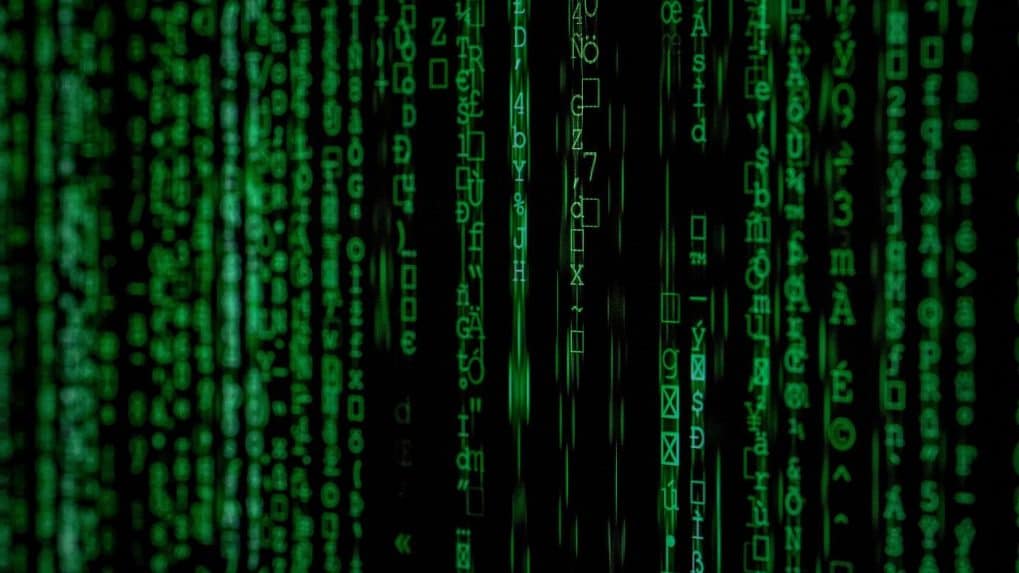DPDPA rules to be notified in 10 days but journalists warn of threat to press freedom
Editors raise alarm over consent clauses, source protection, and impact on RTI as government readies rollout.
ADVERTISEMENT
The government is preparing to notify the rules for the Digital Personal Data Protection (DPDP) Act within the next 10 days, ahead of the September 28 deadline set by IT Minister Ashwini Vaishnaw. While the rules are expected to bring clarity on the law’s implementation, journalist bodies warn they could pose serious risks to press freedom.
Read more: DPDP Act: Landmark data protection law expected by September 28
According to a CNBCTV-18 report, the government is unlikely to introduce amendments or detailed guidelines, and may instead issue a set of FAQs to address queries around the Act. This has alarmed media groups, who say their concerns remain unaddressed.
One of the most contentious provisions is Section 7, which requires consent from individuals before their information can be collected or published.
Read more: DPDPA Rules may hinder MSMEs from leveraging digital tools for marketing and growth
Intended as a safeguard, journalist bodies argue it could cripple investigative reporting. Further, provisions empowering the Data Protection Board to seek disclosure of information raise fears that reporters could be compelled to reveal confidential sources. Media groups also caution that the law may dilute the Right to Information (RTI) Act, restricting public access to critical data.
Read more: New consent API under DPDP Act set to redefine data use rules for digital platforms
The hefty penalties under the Act- running up to ₹200 crore-add to the unease.
Bodies including the Editors Guild had demanded amendments or explicit safeguards for the media, but with none in sight, journalists remain wary of how the law will reshape the practice of reporting in India.
In its letter to Vaishnaw last year, the body had urged the ministry that processing for journalistic purposes is excepted from the application of DPDPA.
Read more: IAMAI urges MeitY for 24-month implementation period of DPDPA Rules
“Indeed the tools for doing so are built into the DPDPA itself. Under section 17(5) of the DPDPA, the Government may, before the expiry of five years from the date of commencement of the DPDPA, by notification, declare that any provision of this DPDPA will not apply to any data fiduciary or classes of data fiduciaries for a period specified in the notification,” the letter pointed out.
The guild has noted that an exemption may be necessary to stop harassment of journalists by inundating them with requests with a view of blocking or slowing down the investigation or publishing of a piece of news. The financial and human resource implications of compliance with such requests will also frustrate journalistic activity, especially in the case of independent journalists.
“We request that the Ministry provide a class exemption to data fiduciaries undertaking processing for journalistic purposes under section 17(5) of the DDPA for as long as such purposes subsist,” the letter said last year.
Such an exemption is particularly justified given that the absence of such a carve-out will have a necessarily adverse impact on the right to freedom of speech and expression, and the right of journalists to carry on their occupation.
Read more: DPOs in demand: DPDP draft rules push Meta, Kotak, GMR to seek Data Protection Officers
That apart, MSMEs too fear that overly restrictive policies may limit their ability to leverage digital tools for marketing, customer engagement, and business growth. MSMEs have leveraged digital tools to transition from small producers to emerging brands, but restrictions under DPDPA could create barriers to further expansion. MSMEs that rely on targeted advertising and customer insights risk losing their competitive edge, as limitations on data-sharing may disrupt digital marketing strategies.
Read more: DPDP Draft Rules: Experts urge brands to evaluate existing data protection practices


